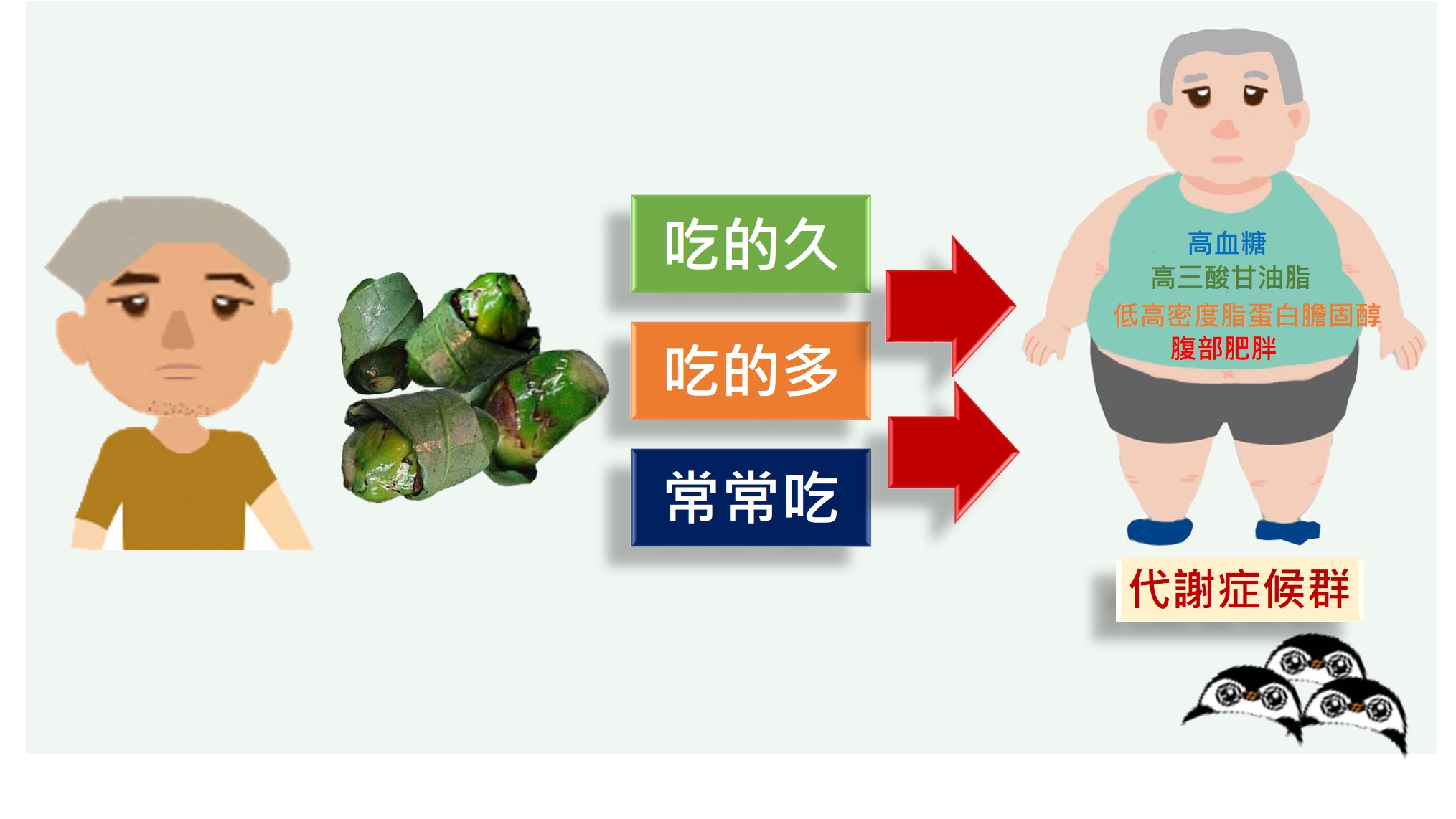Betel nut chewing increases the risk of metabolic syndrome and its components in a large Taiwanese population
Abstrcat:
Betel nut chewing is a popular habit in Taiwan, and it is associated with adverse metabolic effects. The aim of this study was to investigate correlations between betel nut chewing with metabolic syndrome (MetS) and its components in a longitudinal study using data from the Taiwan Biobank. A total of 121,423 participants were included in the baseline study, and 27,002 received follow-up examinations after a median of 4 years. The association between betel nut chewing and MetS was analyzed using multiple logistic regression after controlling for confounders. The baseline preva-lence of MetS was 22.5%. Multivariable analysis showed that a history of chewing betel nut was significantly associated with baseline MetS (odds ratio (OR) = 1.629; 95% confidence interval (CI) = 1.535 to 1.730, p < 0.001) and five components of MetS in all participants. A long history of chewing betel nut (per 1 year; OR = 1.008; 95% CI = 1.004 to 1.013, p < 0.001) was associated with baseline MetS, abdominal obesity, hypertriglyceridemia and low high-density lipoprotein (HDL) choles-terol. In addition, high cumulative dose (per 1 year × frequency × daily score; OR = 1.001; 95% CI = 1.001–1.002; p < 0.001) was significantly associated with baseline MetS. At the end of the follow-up, a history of chewing betel nut (OR = 1.352; 95% CI = 1.134 to 1.612, p = 0.001) was significantly as-sociated with MetS and its components including abdominal obesity, hypertriglyceridemia and low HDL-cholesterol in the participants without baseline MetS. In addition, a longer history of betel nut chewing was associated with MetS (per 1 year; OR = 1.021; 95% CI = 1.008 to 1.035, p = 0.002), abdominal obesity and hypertriglyceridemia at follow-up. However, cumulative dose (p = 0.882) was not significantly associated with follow-up MetS. Chewing betel nut and a long history of betel nut chewing were associated with baseline MetS and its components. In the participants without MetS at baseline, chewing betel nut and a long history of chewing betel nut were associ-ated with the development of MetS after 4 years of follow-up. However, a cumulative dose of betel nut chewing was not associated with follow-up MetS. Betel nut chewing cessation programs are important to reduce the incidence of MetS in Taiwan.
Key Points:
- Subjects who had chewed betel nut were associated with metabolic syndrome (OR: 1.629, 95%CI = 1.535-1.730), and the longer and more chewed, the higher the risk of metabolic syndrome.
- For subjects who did not have metabolic syndrome, after four years of follow-up, subjects who had chewed betel nut had a higher chance of developing metabolic syndrome. In addition, the longer they chewed betel nut, the waist circumference and triglyceride increased.
- In addition to the effects of cancer and periodontal disease of the health hazards of betel nut, this study found an association between betel nut chewing and metabolic syndrome, and this association will increase as the longer and more chewed, the relatively healthy Ethnic groups also develop metabolic syndrome due to betel nut chewing. Therefore, in addition to regular oral cancer screening, those who have chewed betel nut should also pay attention to the occurrence of metabolic syndrome.
More Information:
Huang YC, Geng JH, Wu PY, Huang JC, Chen SC*, Chang JM*, Chen HC*. Betel Nut Chewing Increases the Risk of Metabolic Syndrome and Its Components in a Large Taiwanese Population Follow-Up Study Category: Original Investigation. Nutrients. 2022 Feb 28;14(5):1018. doi: 10.3390/nu14051018. (SCIE, IF2021: 6.706, 15/90=16.67% in NUTRITION & DIETETICS)


